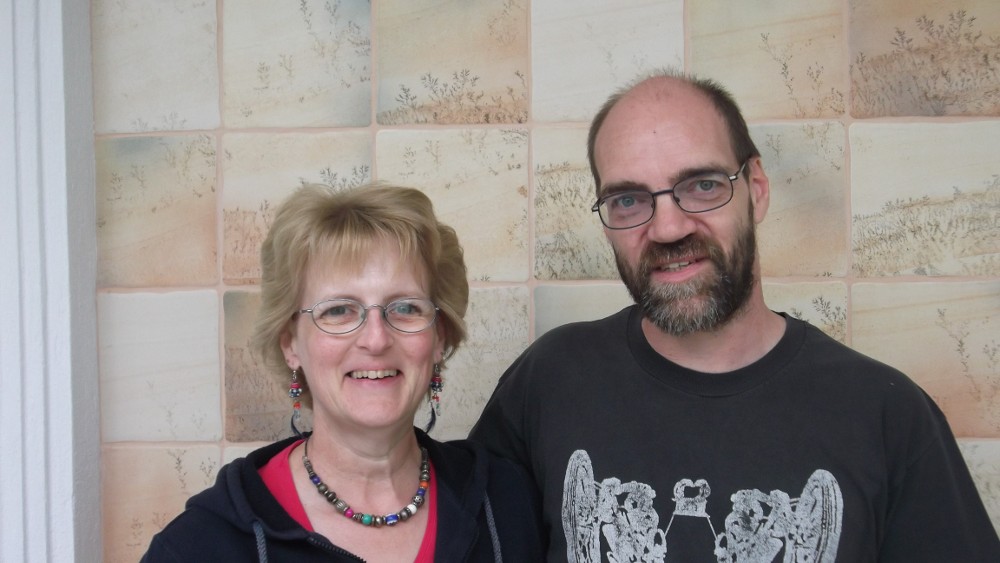How to make your computer more secure.
The main way that viruses etc. come into a computer are through the Internet. One way to stop viruses and mallware is to use secure software. The way I have done this on my computers is to use non Microsoft software.
Only my main computer runs Windows as an operating system and I have stopped using anything higher than 2000. (I like the desktop and the way 2000 works anyway.) My other two computers run various flavours of Linux.
On the Windows 2000 box I have opted for Mozilla's Firefox and Thunderbird. One reason for this takes me back a few years. I had already started using this software on my computer and I was asked to supply and install a computer system in the church building I attended. I was to install all the computers, including servers, laptops and desktop machines.
This was done and the two servers were set up with SME server, a variation of Linux specifically for servers. One was set as a web server and the other as a file and print server. One ran for over a year without a restart and the other was only restarted after an add-on was added.
The desktops were set up with Windows 2000 and all went well for about a month. I was then asked to have a look at the setup as the Internet had slowed to a crawl. I logged in and had a browse of the Internet. All seemed well for me so I said everything was OK and left them to continue.
After only about another week or two I was told the Internet was still slow and could I have another look. This time when I logged on and everything was OK I asked what they meant by slow. One guy told me he clicked on a page, went downstairs and made everyone a cup of coffee and on his return found the page was still loading, very slowly.
I got out some anti virus and anti mallware software and found the bandwidth was taken up with many trojan horses and mallware serving up adverts for undesirable stuff, stuff no one had asked for.
After running the "anti" software and cleared off everything that should not be there I then installed Thunderbird and Firefox. Some people wanted to use Outlook so I had to compromise. At least that is marginally better than Outlook Express. I even set the icons that pointed to Internet Explorer to point to Firefox.
A few months later I asked how the Internet was getting on, to a response of "no problems since you sorted it".
That has shown me that this is the best road to go down to stop mallware and viruses. Of course you always need an anti virus programme installed to catch them.
You should if you can install a firewall. There are two types, software and hardware. Software is just a programme installed on your computer, but a hardware firewall is another box. It can be a computer set up as an internet server but the cheapest option is to go for a router. This is setup between your computer and your internet connection and stops unauthorised people actually getting to your computer if set up correctly. I would recommend this option. If you have a broadband modem, then generally there is one built in. Your modem will be called a modem router if it has one and most modern broadband routers have them built in.
Cable modems don't normally have a router built in and that is why I have one on my system. Mine is also a four port router meaning I can connect four computers to the router and all four will have the internet at the same time. It also means I don't have to unplug and plug in the different computers as I want to use them.
Another little trick is to have images blocked as default in your email programme and if you need to look at them, you can load the images one email at a time, and only from people you trust. If you don't know the person who has sent it, just delete it.
If you swap to Linux, then you get even less stuff coming through.
